You are viewing the article What is blood pressure? What is high blood pressure, low blood pressure? How to maintain stable blood pressure at Tnhelearning.edu.vn you can quickly access the necessary information in the table of contents of the article below.
Blood pressure is a fundamental health indicator that measures the force of blood against the walls of our arteries as the heart pumps it throughout the body. It is an essential physiological process that ensures an adequate supply of oxygen and nutrients to various organs and tissues. Understanding blood pressure variations and maintaining stable levels is crucial for maintaining optimal health. High blood pressure, also known as hypertension, refers to the condition where the force of blood against artery walls is consistently too high. On the other hand, low blood pressure, termed hypotension, occurs when blood exerts unusually low force against the arterial walls. Both high and low blood pressure can have significant health implications, such as an increased risk of heart disease, stroke, or organ damage. Therefore, maintaining stable blood pressure levels within a healthy range is vital. This introduction explores the causes, effects, and strategies to manage high and low blood pressure, providing valuable insights into the importance of maintaining stable blood pressure for overall well-being.
Blood pressure is a familiar concept and is mentioned a lot in life. However, there are still many people who are still quite vague about them. Join Tnhelearning.edu.vn to refer to the article below to understand more about blood pressure, and how much blood pressure is normal in people!
What is blood pressure?
Blood pressure is the amount of pressure the blood must exert against the walls of the arteries to bring blood to the tissues of the body . Thanks to the force of contraction of the heart and the resistance of the arteries, blood pressure is generated.
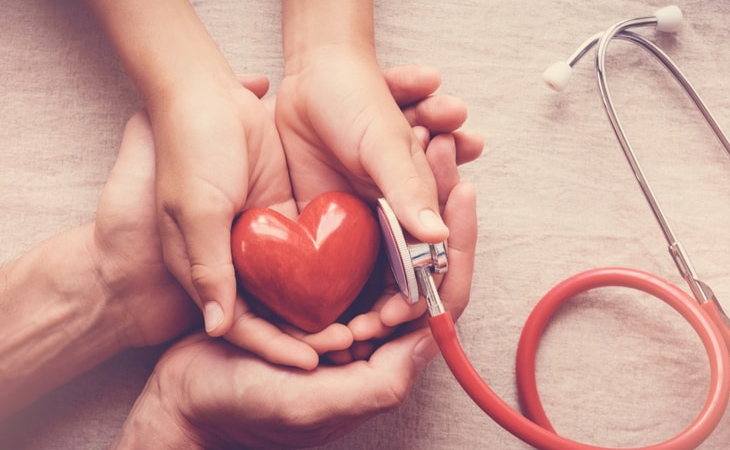
Blood pressure depends on the pumping force of the heart . Blood pressure drops most rapidly when blood circulates in the small arteries and arterioles and continues to decrease as blood passes through the capillaries and the smallest blood pressure in the venous system .

In normal people, blood pressure during the day is higher than at night, blood pressure drops to its lowest at about 1-3 am when sleeping and the highest blood pressure is from 8-10 am .
Extreme exercise , nervous tension, or strong emotions can all increase blood pressure. Conversely, when the body is rested and relaxed, blood pressure can drop.
What is high blood pressure, low blood pressure?
Blood pressure has two values: the maximum blood pressure, also known as the systolic pressure, and the diastolic blood pressure, also known as the diastolic pressure . Based on these two values to diagnose what is normal and stable blood pressure.
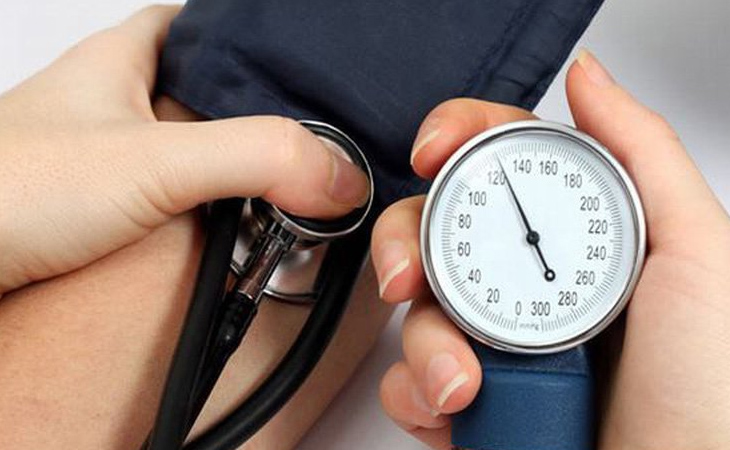
For adults
– When the systolic blood pressure is 140 mmHg or higher or the diastolic blood pressure is 90 mmHg or higher , it is considered high blood pressure . A systolic blood pressure below 100 mmHg is considered low blood pressure or hypotension .
A value between normal and high blood pressure (systolic blood pressure between 120-139 mmHg or diastolic blood pressure between 80-89 mmHg ) is called pre-hypertension.

If the systolic blood pressure is less than 120 mmHg and the diastolic blood pressure is less than 80 mmHg , it is called normal blood pressure .
For children
– Be aware that blood pressure will increase gradually as you get older , for babies or children, there will usually be no problems with blood pressure , so the doctor will not check this index.
– For children, to determine the blood pressure level, the doctor needs to base on the weight, height and age index of the child.

– If the child’s blood pressure is higher than 90% of children of the same age, height and weight, it is considered pre-hypertension . If this number is higher than 95% , it is considered high blood pressure .
What factors affect blood pressure?
Internal factors
– Heart rate, force of heart contraction : Blood pressure depends on the pumping force of the heart, so when the heart beats fast and strong , the blood pressure will increase. When the heart beats slowly, the force of the heart contraction to reduce blood pressure will also decrease.
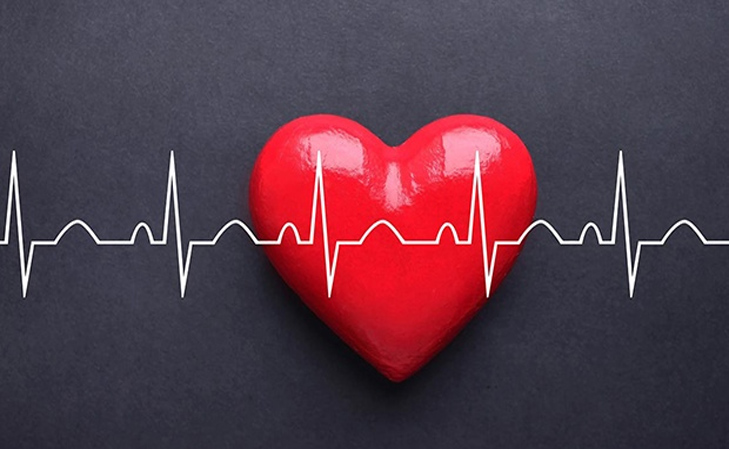
Blood volume: Blood volume will decrease with blood loss, which will lower blood pressure .
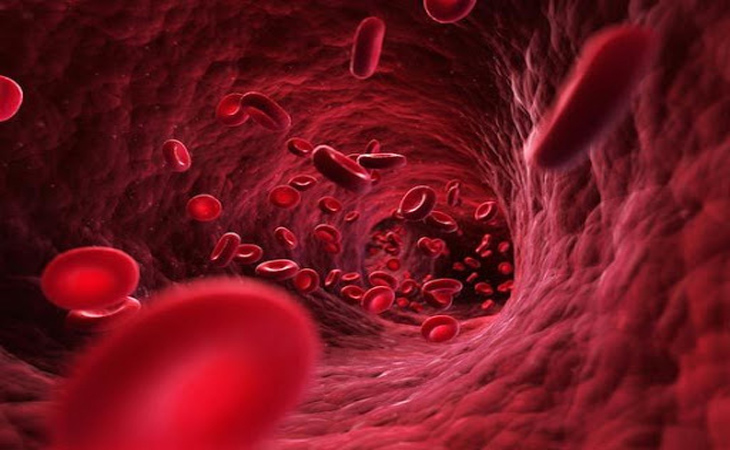
– Resistance of blood vessels: When the lumen narrows due to atherosclerosis, blood pressure increases. Especially for the elderly, less elastic vessel walls will be the main cause of high blood pressure.
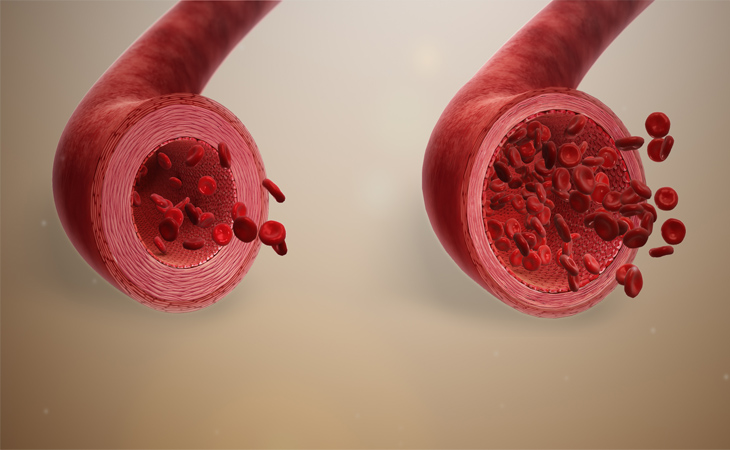
the external factors
– Sitting position: Sitting or standing position affects the average blood pressure of a person. This is a factor that is rarely expected and often occurs, so sitting in the wrong position will make blood circulation difficult and lead to unstable blood pressure.

– Eating and living habits: Daily diet not only affects blood pressure but also affects many other diseases such as: eating salty, eating a lot of fat, drinking a lot of alcohol, coffee, drugs. leaves, … will affect the hardening of the vessel wall, increase blood pressure .

– Irregular living : Stressful work, often staying up late, little exercise, … are the causes of unstable blood pressure.
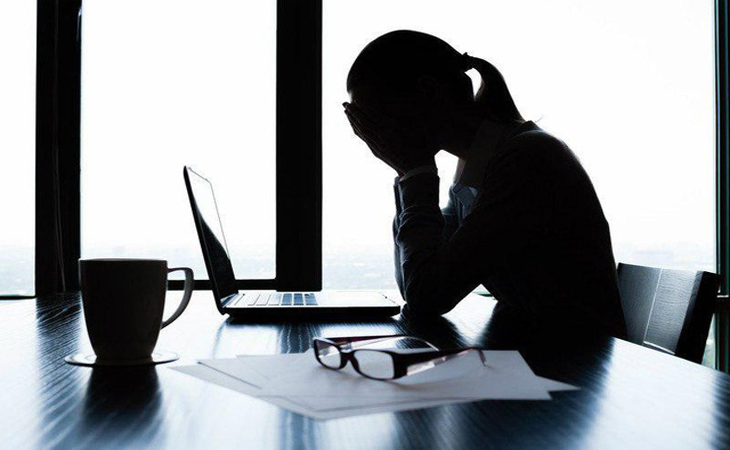
How to maintain normal blood pressure?
Exercise regularly, fit
Every day, you should spend 30-40 minutes practicing sports suitable for health such as: Yoga, swimming, jogging, cycling, … should be maintained regularly , you will get a toned, controlled body. Good control of body weight helps to stabilize blood pressure.

Build a healthy diet
Diet will directly affect weight, leading to an impact on blood pressure .
Maintaining a diet full of essential nutrients, limiting fat, grease or limiting salt intake will be very good for health. Should choose foods that contain a lot of calcium, potassium or vitamins A, C, and D , these substances will help keep blood pressure at a normal level .
See details: People with high blood pressure should and shouldn’t eat? How to lower blood pressure quickly.

Maintain peace of mind and stability
Sadness, worry or anger often make the heart unhealthy, which is related to high blood pressure.
Learn how to control your emotions , always keep your mind relaxed, optimistic and happy to limit the bad effects on your health.

Regularly monitor blood pressure at home
To monitor and detect high or low blood pressure in time and apply the fastest treatment measures, you need to regularly measure your blood pressure at home.
If you are not too busy, you should visit a medical facility periodically , otherwise you should equip yourself with a blood pressure monitor to measure when necessary.
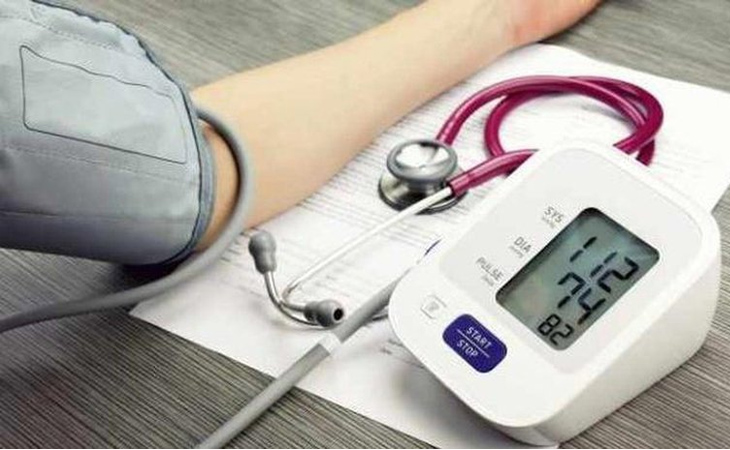
Reference and synthesis at: hellobacsi
Hopefully, the above sharing will help you better understand blood pressure and treat it when needed!
In conclusion, blood pressure refers to the force exerted by the blood against the walls of the arteries. It is an essential aspect of cardiovascular health as it determines the efficiency of blood circulation throughout the body. High blood pressure, also known as hypertension, occurs when the force of blood against the artery walls is consistently too high. This condition can pose various risks to overall health, including an increased likelihood of heart disease, stroke, and kidney problems. On the other hand, low blood pressure, or hypotension, refers to a blood pressure reading that is consistently below the desired range. This condition can lead to symptoms such as dizziness, fainting, and inadequate blood flow to vital organs.
To maintain stable blood pressure, it is crucial to adopt a healthy lifestyle. Regular physical activity, such as aerobic exercises, can help improve cardiovascular fitness and regulate blood pressure. A balanced diet, low in sodium and rich in fruits, vegetables, and whole grains, can contribute to a healthy blood pressure level. Reducing stress through relaxation techniques, such as meditation or yoga, can also be beneficial. Additionally, limiting alcohol consumption and avoiding tobacco products are essential for maintaining stable blood pressure levels.
It is worth noting that monitoring blood pressure regularly is important, especially as we age or if predisposed to high or low blood pressure. Regular check-ups with a healthcare professional can help to identify any potential issues and establish effective management strategies. By taking proactive steps to maintain stable blood pressure, individuals can significantly reduce their risk of developing related cardiovascular problems and enjoy a healthier and more fulfilling life.
Thank you for reading this post What is blood pressure? What is high blood pressure, low blood pressure? How to maintain stable blood pressure at Tnhelearning.edu.vn You can comment, see more related articles below and hope to help you with interesting information.
Related Search:
1. What is blood pressure and why is it important?
2. What are the different types of blood pressure and their definitions?
3. What is considered high blood pressure?
4. What causes high blood pressure and its associated risks?
5. What are the symptoms of high blood pressure?
6. How is high blood pressure diagnosed and monitored?
7. What is considered low blood pressure and its potential complications?
8. What are the symptoms of low blood pressure?
9. How is low blood pressure diagnosed and treated?
10. Tips for maintaining stable blood pressure and healthy lifestyle habits.



